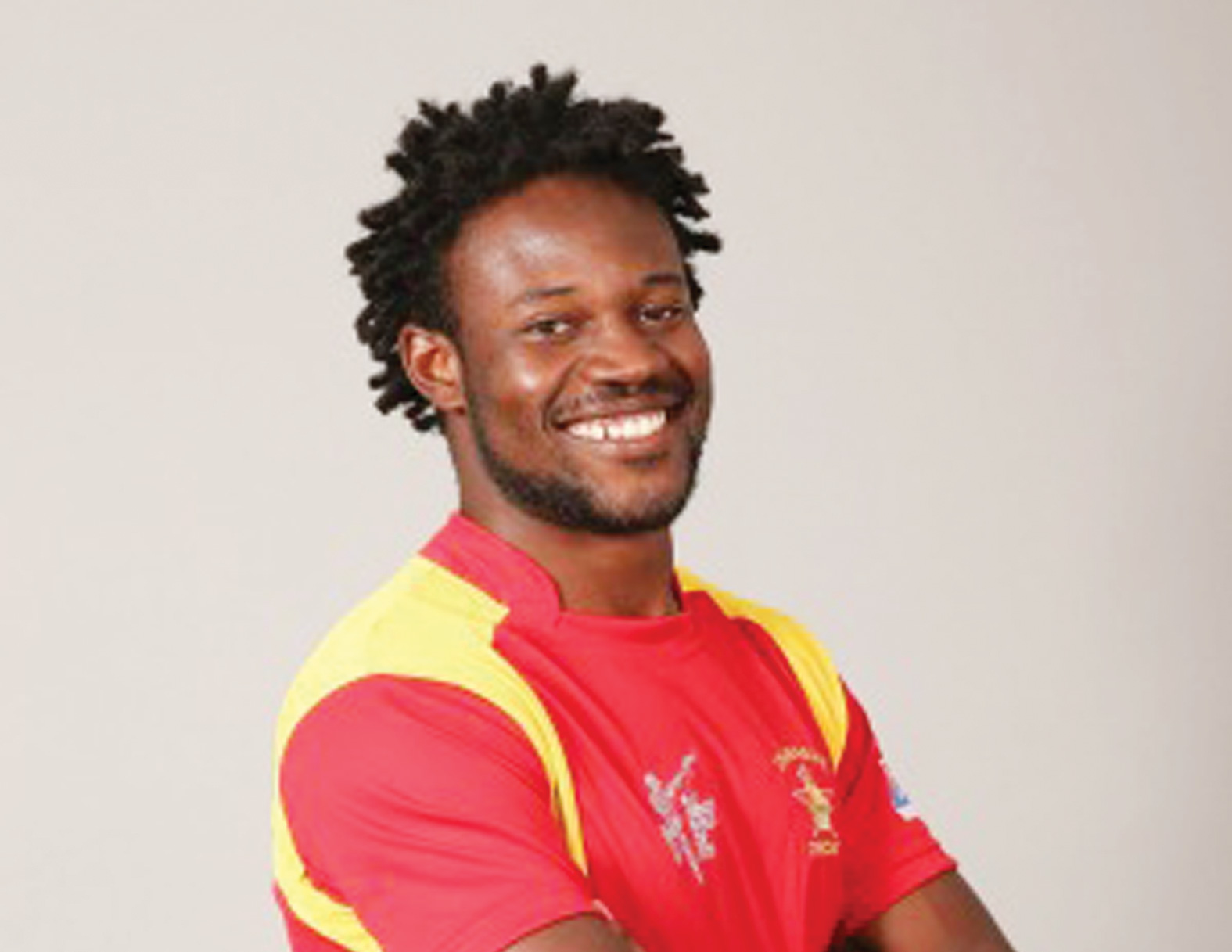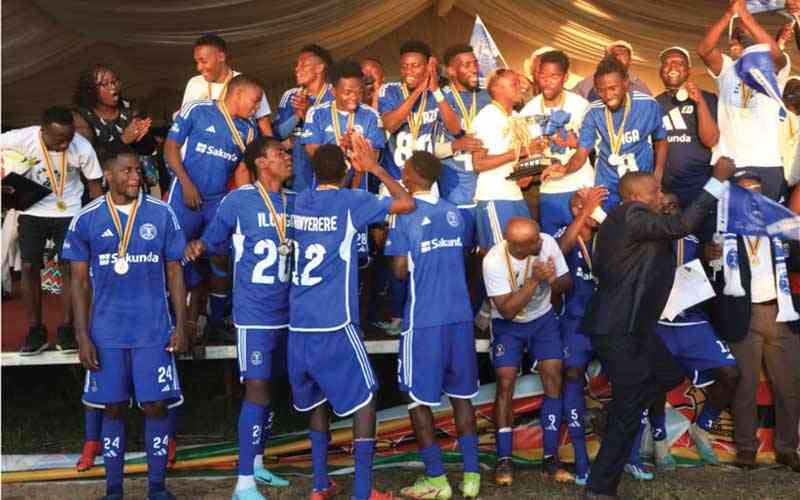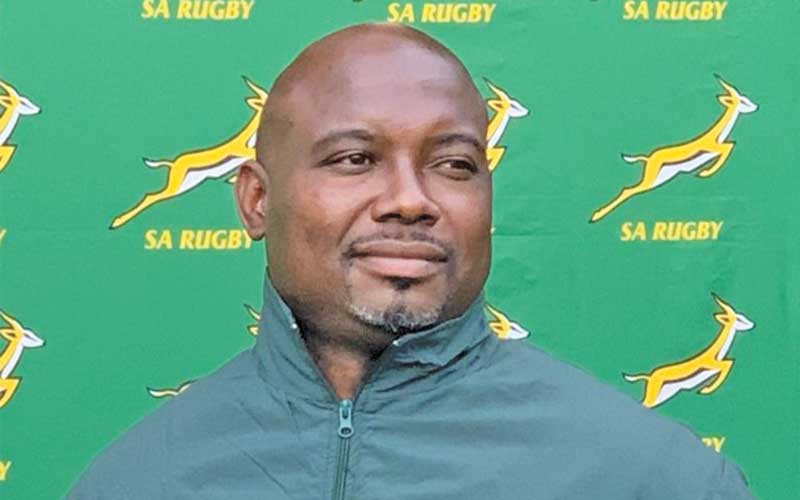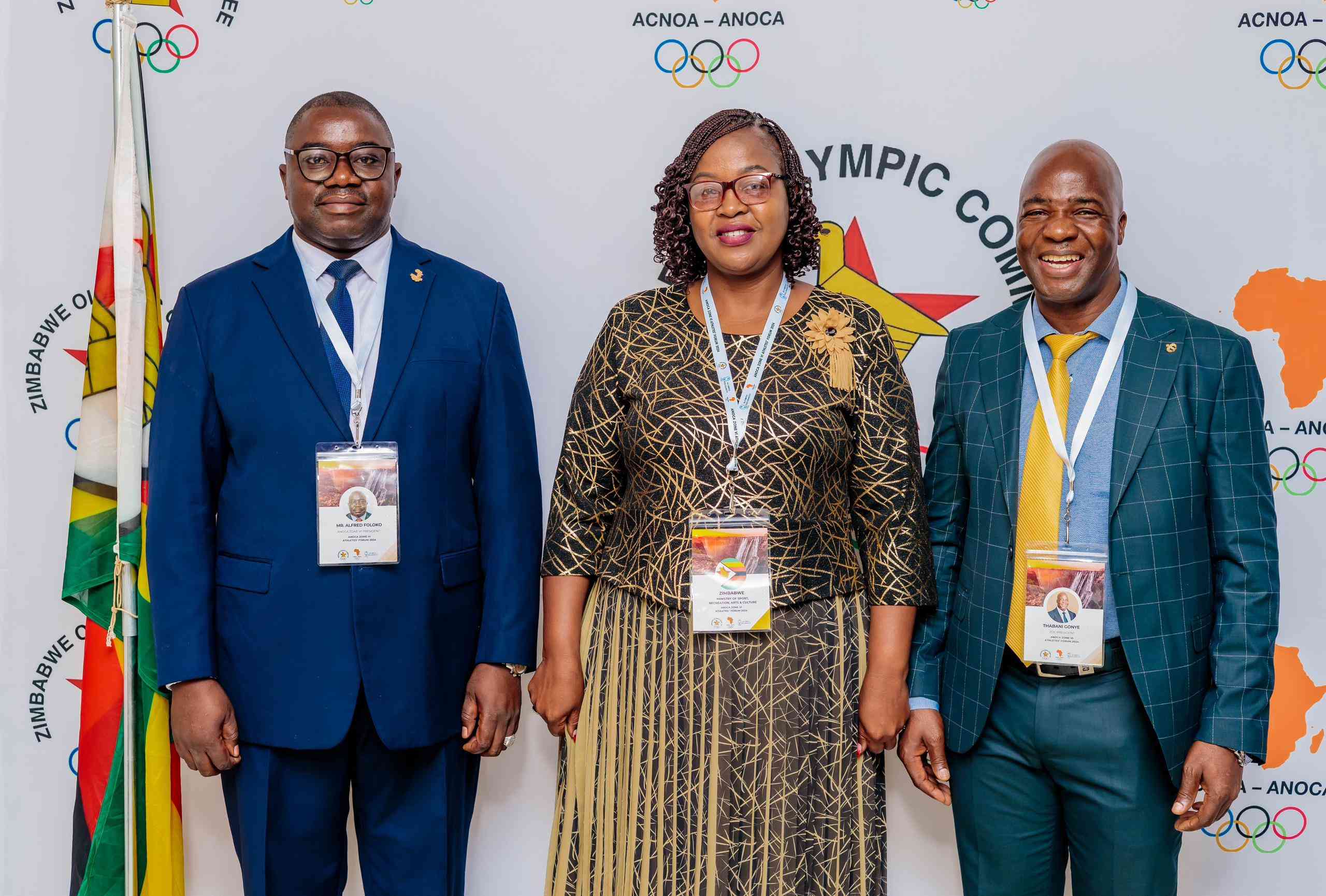
MELBOURNE — There were cheers in Hamilton, New Zealand, when little-known Solomon Mire smacked Morne Morkel over cow corner to ensure Zimbabwe went down in style last Sunday. There were also cheers in Hamilton, Australia.
“That shot . . . it was just so good. That’s what Solomon can do,” Hamish Bailey, the coach of College Cricket Club in Hamilton, Victoria, three-and-half-hours from Melbourne, told ESPNcricinfo. Bailey would know.
Five years ago, a young Mire, whose only claim to fame was being at the 2008 Under-19 World Cup (his numbers there were underwhelming as he scored just 95 runs from five matches and took a single wicket), moved to Hamilton to start a new life.
He came on the recommendation of Daniel Landman, another Zimbabwean age-group player, who was going to be the clubs’s overseas professional, but chose the United Kingdom instead, and with almost nothing but the ability to hit the ball hard.
“He was really hard-working, fit and strong and better than any of us,” Bailey said.
And it was not long before others saw that. Mire soon found opportunity in Melbourne, where he played premier cricket for Carlton, albeit not at the level where he could make a living.
He was part of the club’s second XI, a non-paying position, and needed a step in the right direction, financially.
That was where Crusaders, a wandering cricket team of which former Gray-Nicolls bat retailer Swan Richards is a co-founder. Richards, who among other things aids in the development of promising Australian cricketers, stepped in.
- Chamisa under fire over US$120K donation
- Mavhunga puts DeMbare into Chibuku quarterfinals
- Pension funds bet on Cabora Bassa oilfields
- Councils defy govt fire tender directive
Keep Reading
“We helped him for between six and nine months because he needed some guidance,” he said.
That assistance included equipment and help with the immigration office as Mire looked to make his life in Australia.
When the Melbourne Renegades signed him as a rookie for the 2013-14 season, that could have sealed his future Down Under, but it also came with being re-noticed by a Zimbabwean administration looking to change the fortunes of their ailing team.
He was picked for their tour of Bangladesh and stood out as one of the few performers on a tour of failure.
Zimbabwe lost all three Tests and five one-day internationals, but Mire scored two half-centuries in the limited-overs leg.
He was Zimbabwe’s joint second-highest run-scorer along with Hamilton Masakadza, and showed the ability to hit the ball further than Zimbabwe’s biggest hitter Elton Chigumbura.
That allowed the captain to move up the order, away from the finisher’s role which Mire has now adopted.
“He’s just great to watch,” Brendan Taylor said of Mire. Richards agrees.
“He is an exceptional hitter of the ball, so much so that sometimes he needs to tame it. It’s difficult because how do you do that with so much natural ability?”
Richards hopes that if Mire can find the balance between bludgeoning and building an innings, he can catch the attention of a T20 franchise, if only because that will allow him to turn cricket into a career.
“There are truckloads of opportunities for cricketers these days. We just want Solomon to succeed,” Richards said.
“And you don’t have to be a superstar to earn a few hundred thousand dollars. For most guys that is a lot of money, although for the really big guys it’s small change.”
Mire may also look to another stint in the Big Bash, which will be made easier if the status of his bridging visa for Australia is changed to allow him permanent residency, and there are thoughts of him going to England to play club cricket there.
But the immediate focus is the World Cup and Richards wants Mire to do well for both himself and Zimbabwe.
“When it gets hard, he has to be the one to get a big score. He has got a window of opportunity here and he needs to take it.”
By the time Mire got to the crease against South Africa, there were only nine overs left in the innings and Zimbabwe needed 104 more runs.
Mire had seen it was possible — he bowed the over that David Miller smacked for 30 — but the South African attack were not going to let him get away with what he had gifted Miller.
He tried anyway and showed his potential to become a hero for Zimbabwe when they need him to. But even if he doesn’t manage that, he is already a hero in some circles.
Mire’s old team-mates at College Cricket Club, to whom he returns every Christmas, will be tracking him through parts of the tournament.
Next week, a car-load of Mire’s friends will make the 10-hour trip across more than 900 kilometres from Hamilton to Canberra to watch him play against West Indies.
“Zimbabwe has become all of our second team and we’re hoping they will get a game in Adelaide because that would be closer for us to go to,” Bailey said.
The South Australian capital is only 500 kilometres away, which will still require a road trip, but if Zimbabwe get to play there, it means they would have qualified for a quarter-final and their opposition will be Australia.
In Hamilton, Australia, they may not be cheering for the home team. — ESPNcricinfo











